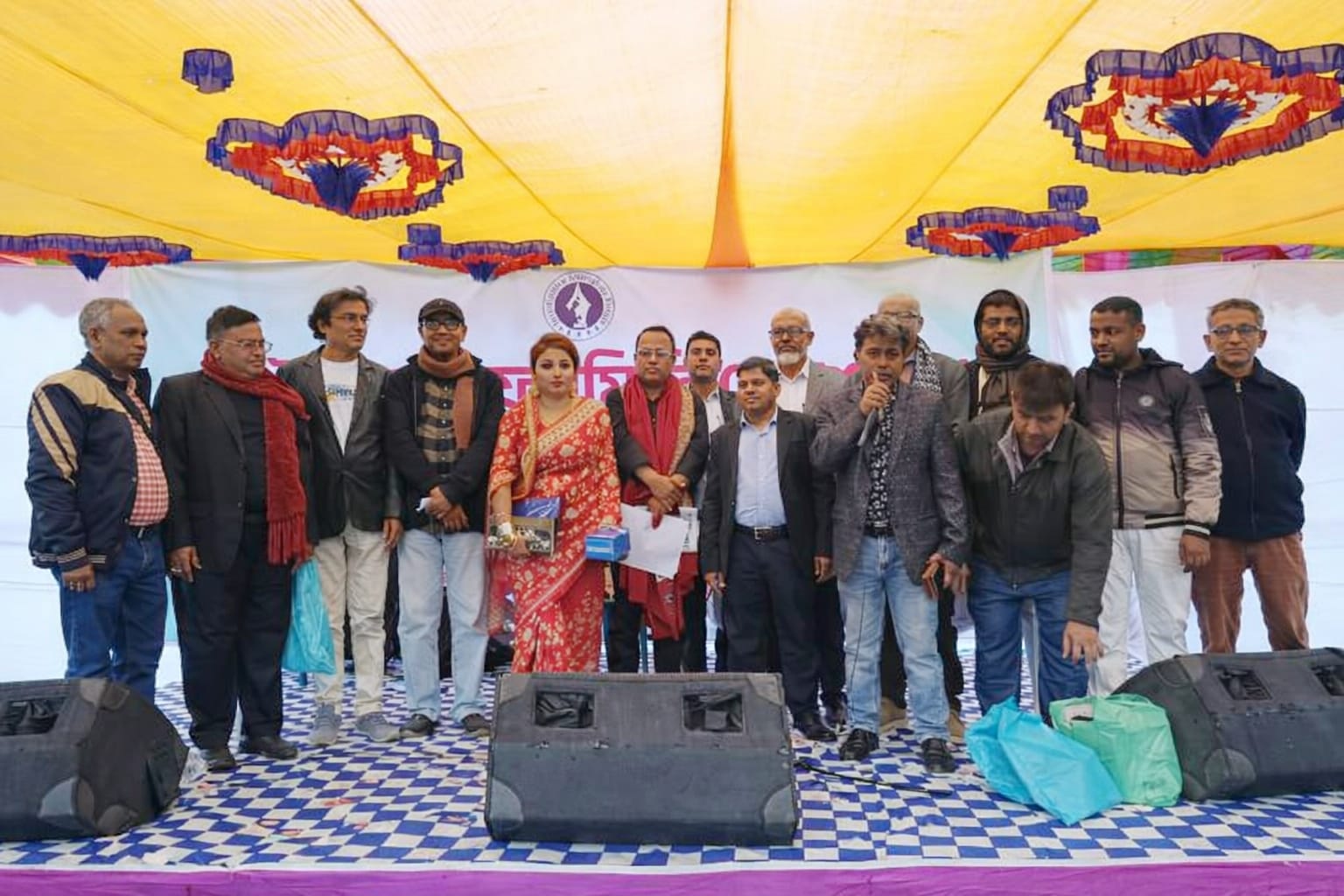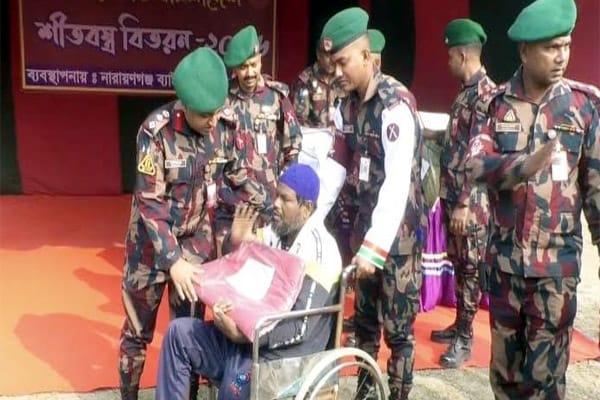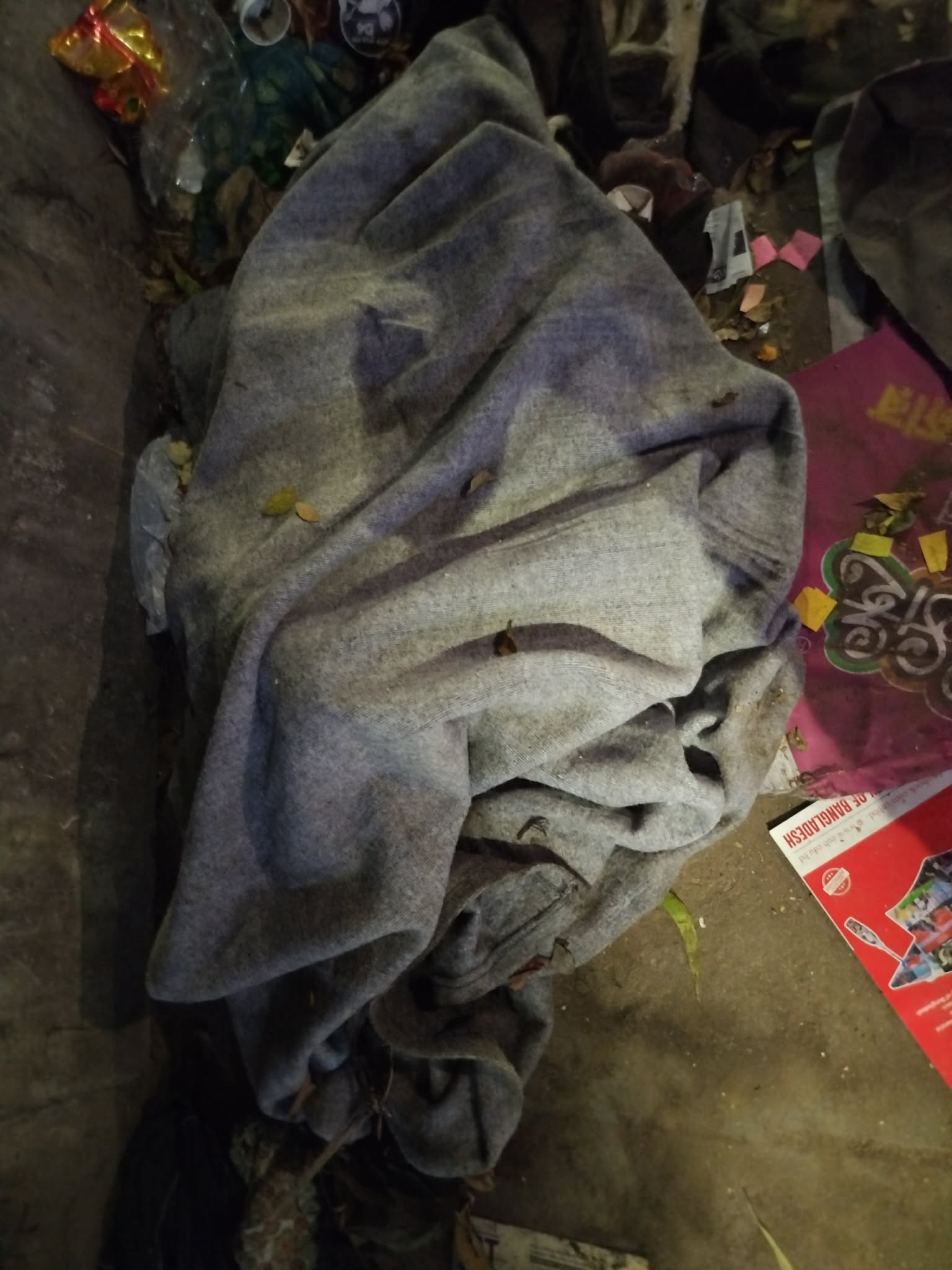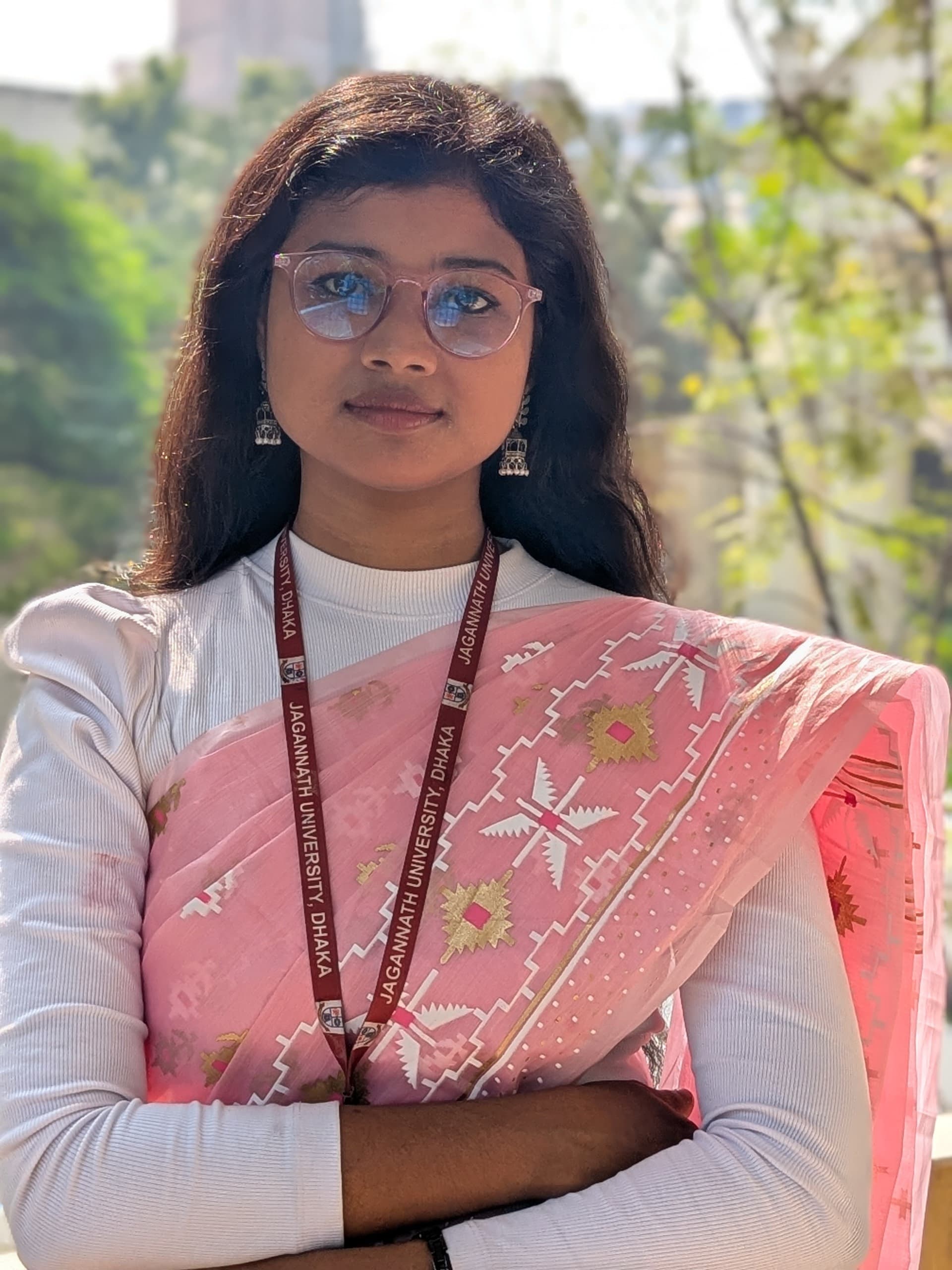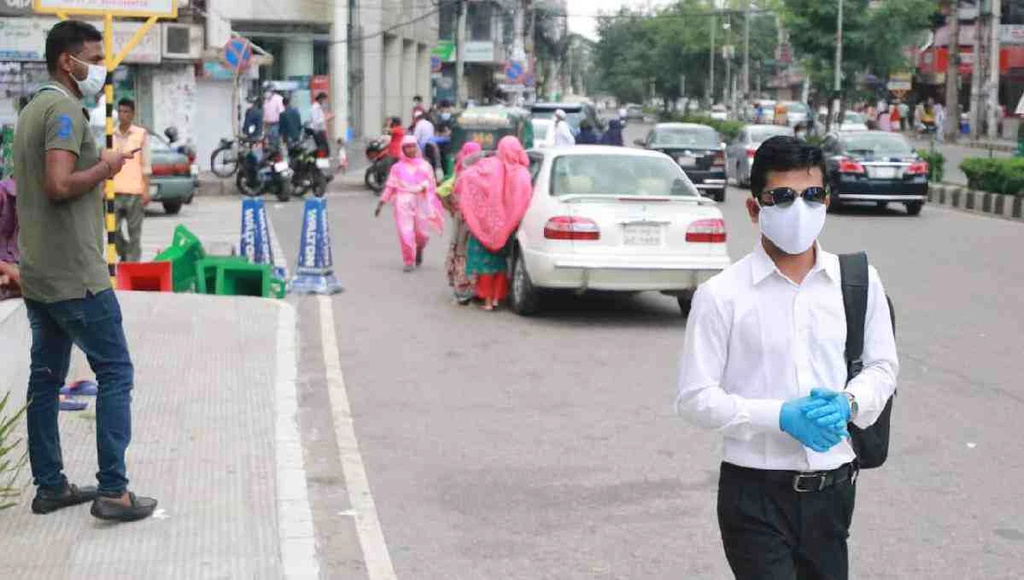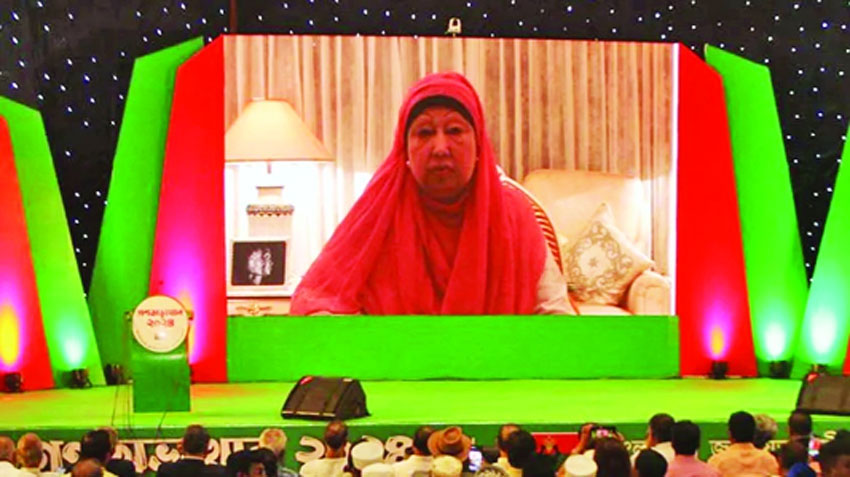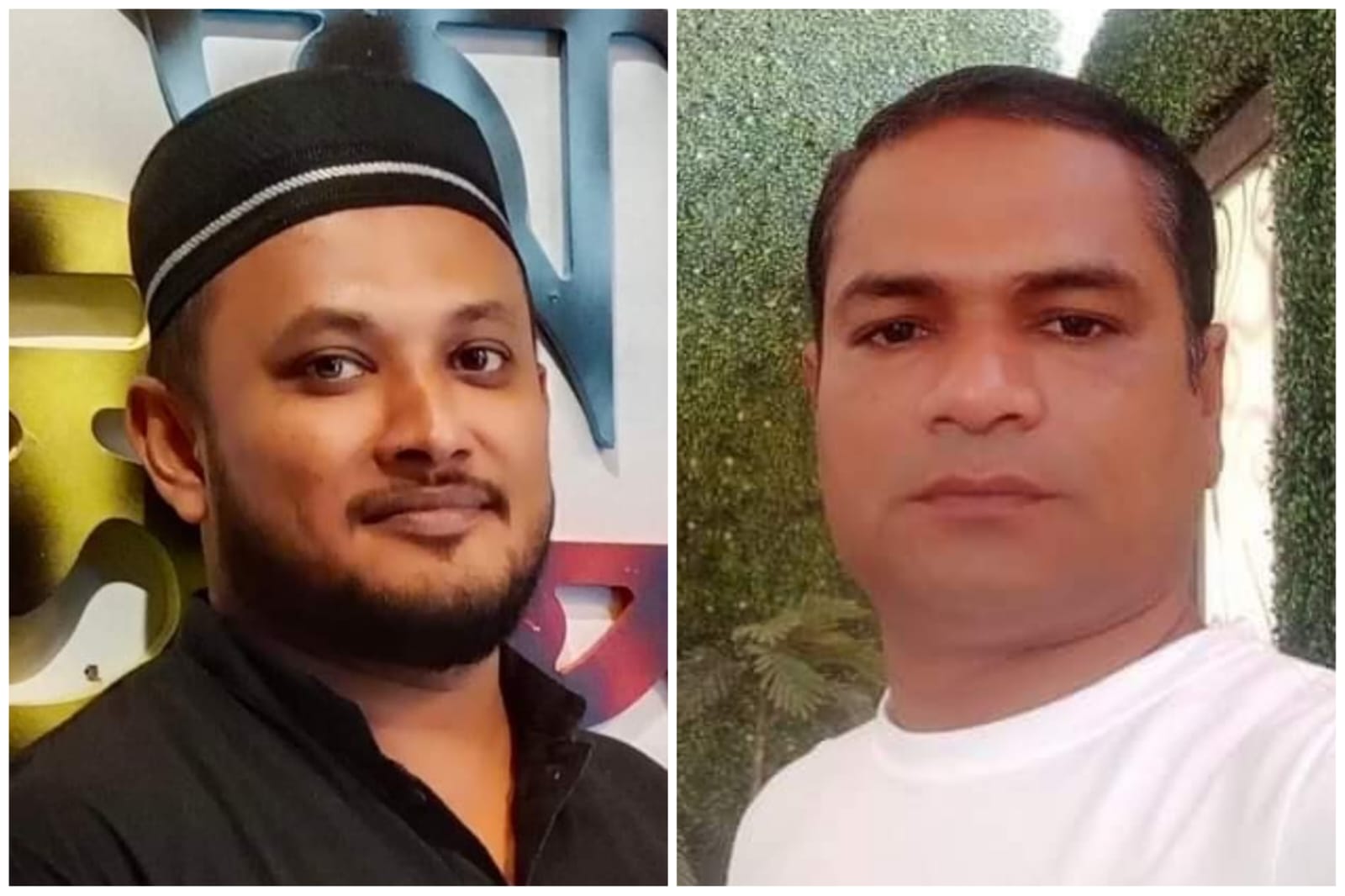- 2021-09-12 00:36:06
- LAST MODIFIED: 2026-01-25 16:51:02
Taliban flag rises over seat of power on fateful anniversary
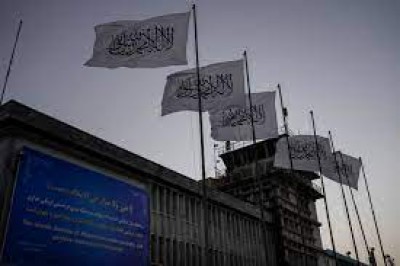
Photo Collected:
International Desk:
Dhaka, Sept-12,
The Taliban raised
their flag over the Afghan presidential palace Saturday, a spokesman said, as
the U.S. and the world marked the 20th anniversary of the Sept. 11 attacks.
The white banner,
emblazoned with a Quranic verse, was hoisted by Mullah Mohammad Hassan Akhund,
the prime minister of the Taliban interim government, in a low-key ceremony,
said Ahmadullah Muttaqi, multimedia branch chief of the Taliban’s cultural
commission.
The flag-raising marked
the official start of the work of the new government, he said. The composition
of the all-male, all-Taliban government was announced earlier this week and was
met with disappointment by the international community which had hoped the
Taliban would make good on an earlier promise of an inclusive lineup.
In a tweet,
Afghanistan’s first president to follow the 2001 collapse of the Taliban, Hamid
Karzai, called for “peace and stability” and expressed the hope that the new
caretaker Cabinet that included no women and no non-Taliban would become an
“inclusive government that can be the real face of the whole Afghanistan.”
He marked the 20th
anniversary of the 9/11 attacks on America with a meeting of tribal elders on
his high-walled compound in the Afghan capital where he has remained with his
family since the August return of the Taliban to Kabul.
Two decades ago, the
Taliban ruled Afghanistan with a heavy hand. Television was banned, and on
Sept. 11, 2001, the day of the horrific attacks on America, the news spread
from crackling radios across the darkened streets of the Afghan capital of
Kabul.
The city rarely had
electricity and barely a million people lived in Kabul at the time. It took the
U.S.-led coalition just two months to drive the Taliban from the capital and by
Dec. 7, 2001, they were defeated, driven from their last holdout in southern
Kandahar, their spiritual heartland.
Twenty years later, the
Taliban are back in Kabul. America has departed, ending its ‘forever war’ two
weeks before the 20th anniversary of 9/11 and two weeks after the Taliban
returned to the Afghan capital on Aug. 15.
Some things have
changed since the first period of Taliban rule in the 1990s.
This time, the
gun-toting fighters don’t race through the city streets in their pickups.
Instead, they inch through chaotic, clogged traffic in the city of more than 5
million. In Taliban-controlled Kabul in the 1990s, barber shops were banned.
Now Taliban fighters get the latest haircuts, even if their beards remain
untouched in line with their religious beliefs.
But the Taliban have
begun issuing harsh edits that have hit women hardest, such as banning women’s
sports. They have also used violence to stop women demanding equal rights from
protesting.
Inside a high-end
women’s store in the city’s Karte Se neighborhood Saturday, Marzia Hamidi, a
Taekwondo competitor with ambitions of being a national champion, said the
return of the Taliban has crushed her dreams.
She was among the women
attacked by the Taliban and called “agents of the West” during one of the
recent protests. She said she’s not surprised about America’s withdrawal.
“This year or next
year, they had to leave eventually,” she said. “They came for their own
interest and they left for their interest.”
Hamidi is hoping the
Taliban will relent and ease their restrictions, but with a glance toward the
store owner, Faisal Naziri, she said “most men in Afghanistan agree with what
the Taliban say about women and their rules against them.”
Naziri nodded, saying
preserving the rights of women is not a cause that will bring Afghan men on the
streets.
On Saturday, the
Taliban even orchestrated a women’s march of their own. This one involved
dozens of women obscured from head to toe, hidden behind layers of black veils.
They filled an auditorium at Kabul University’s education center in a
well-choreographed snub to the past 20 years of Western efforts to empower
women.
Speakers read from
scripted speeches celebrating the Taliban victory over a West they charged was
anti-Islam. The women marched briefly outside the center grounds, waving
placards saying “the women who left don’t represent us,” referring to the many
thousands who fled in fear of a Taliban crackdown on women’s rights. “We don’t
want co-education,” read another banner.
Outside the hall, the
Taliban director of higher education, Maulvi Mohammad Daoud Haqqani, said 9/11
was the day “the world started their propaganda against us calling us
terrorists and blaming us” for the attacks in the United States.
At a dusty book store
in Kabul’s Karte Sangi neighborhood, Atta Zakiri, a self-declared civil society
activist said America was wrong to attack Afghanistan after 9/11.
He blamed the invasion
that followed the 9/11 attacks for creating another gener ation
of hardline Taliban fighters.
“The Taliban should
have been allowed to stay. Why didn’t we work with them? Instead they went to
fight,” he said.” And now we are back to where we were 20 years ago.”
End/Dct/Ind/Sma/

